Travel Smart: Chinese Tourists Embrace AI-Guided Adventures for Smarter Journeys
Chinese tourism platforms embrace AI innovation, offering personalized experiences across provinces and cities nationwide.
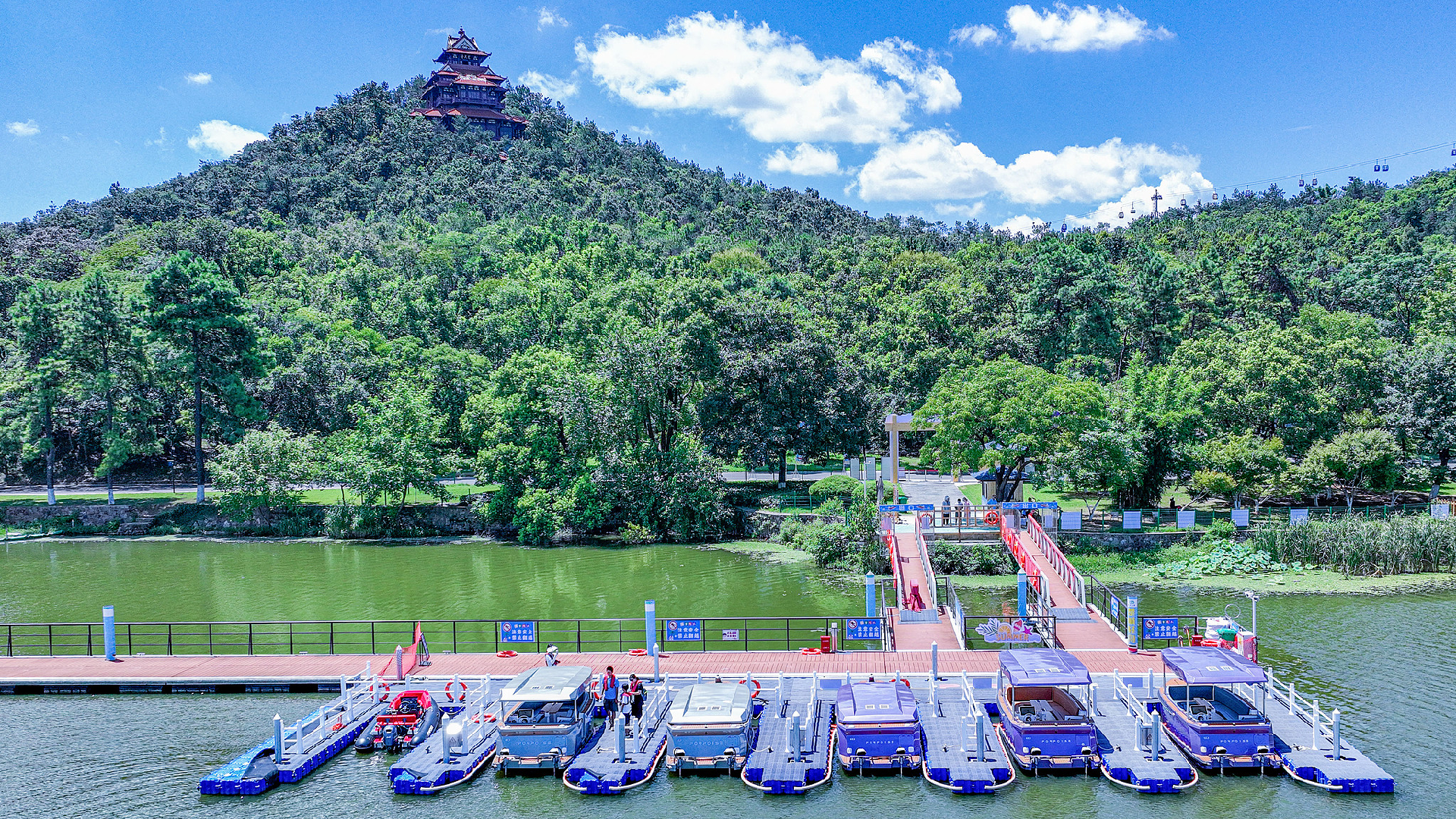
China’s tourism sector is experiencing a sweeping transformation as major online travel platforms and local governments roll out advanced artificial intelligence (AI) technologies to enhance the way people plan and experience their journeys. From voice-activated trip planning to AI-powered digital tour guides, both travelers and industry experts are witnessing a new era of intelligent, user-centered travel services.
On leading tourism platforms, visitors can simply input instructions such as “What are the must-see attractions for three days in Shanghai?” or “Plan a 15-day trip to Canada focusing on natural landscapes.” In response, AI algorithms swiftly generate customized itineraries within minutes, drawing from massive repositories of high-quality travel data and real-time updates. Liang Jianzhang, chairman of Trip.com Group, highlighted that their proprietary models now provide users with seamless intelligent services before, during, and after their trips—significantly reducing the average time spent on travel decision-making from nine hours to just 6.6.
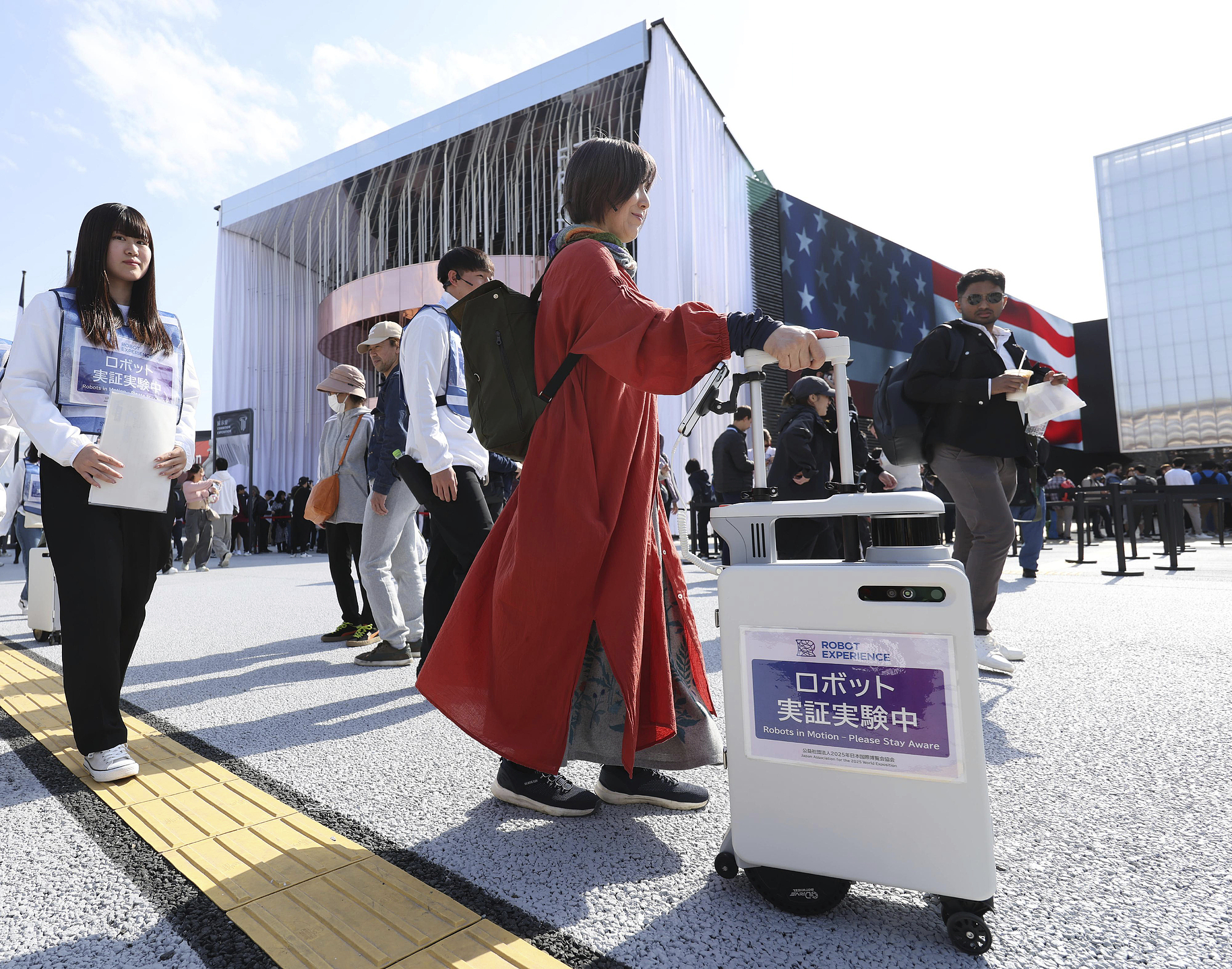
Industry insiders say that cross-checking recommendations from at least two different AI-powered platforms helps travelers make fully informed decisions, especially for complex itineraries. For instance, Sun Xiaolei, a travel enthusiast who undertook a 17-day self-drive journey across western Canada, rated the AI-generated routes between 6 and 7 on a 10-point scale. Notably, the platform’s suggestions coincided with his meticulously crafted plans by nearly 80 percent—a testament to the growing accuracy of AI-powered travel planning tools.

As the digital revolution sweeps across China, multiple provinces and cities—including Guizhou and Shanghai—have launched localized AI tourism service platforms enriched with regional flair. In Guizhou, “Huang Xiao Xi,” a digital human character dressed in ethnic attire, quickly generates personalized tour plans and even assists in ordering local delicacies with a single click. This service leverages the region's own AI large model and aims to accompany tourists at every stage of their journey—from itinerary design to in-person guidance.
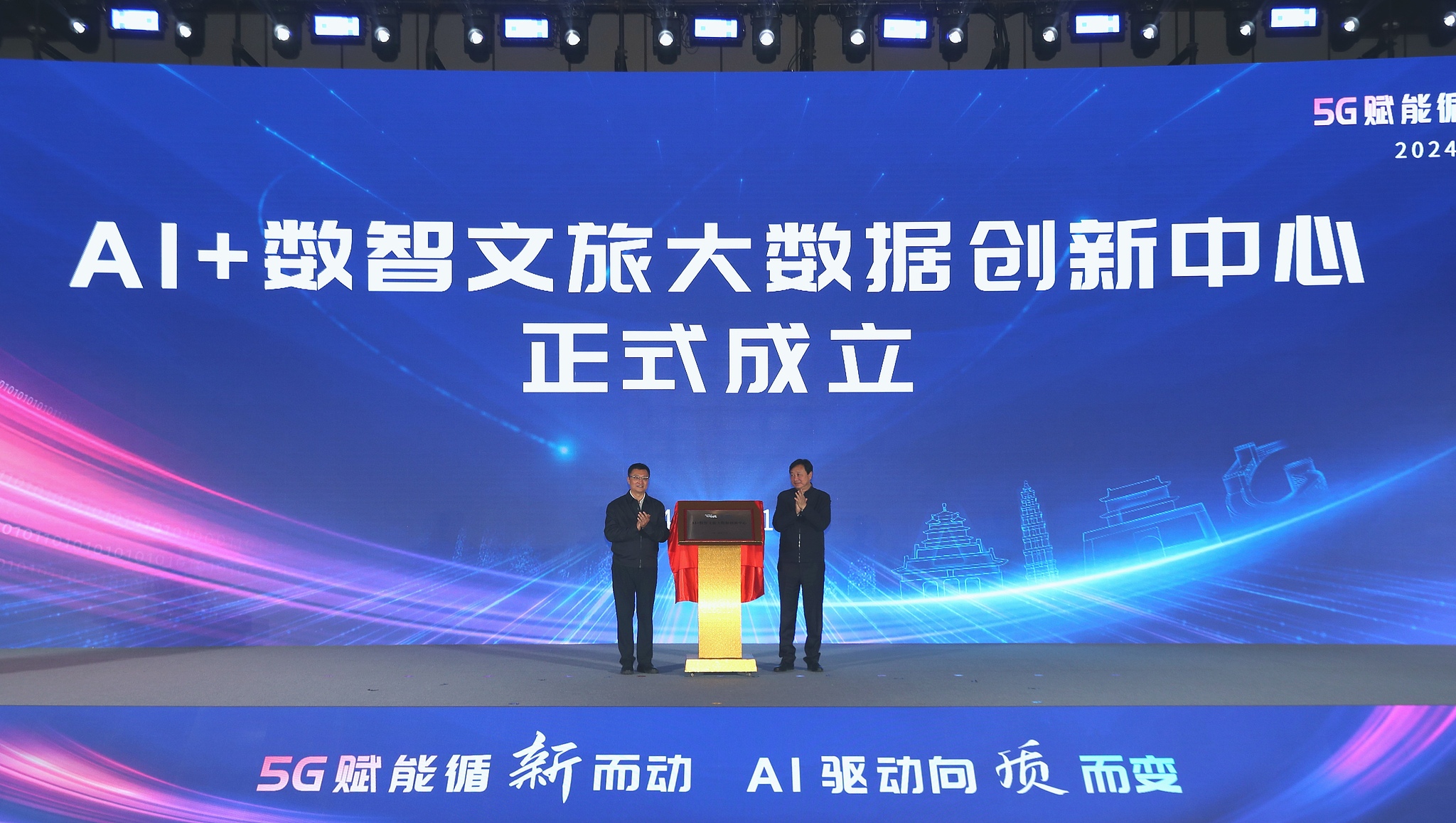
Shanghai, meanwhile, has rolled out “Hu Xiao You,” a smart tourism system that integrates real-time information on business outlets, scenic spot capacities, transportation options, and even restroom locations. Zhong Xiaomin, director of the city’s Municipal Administration of Culture and Tourism, noted that such AI systems are designed to combine reliable, authoritative information with the creativity and personal experiences of travelers and tourism businesses. As Hu Xiao You continuously learns and improves based on user feedback, it is expected to help Shanghai’s tourism resources match the evolving needs of increasingly sophisticated visitors.
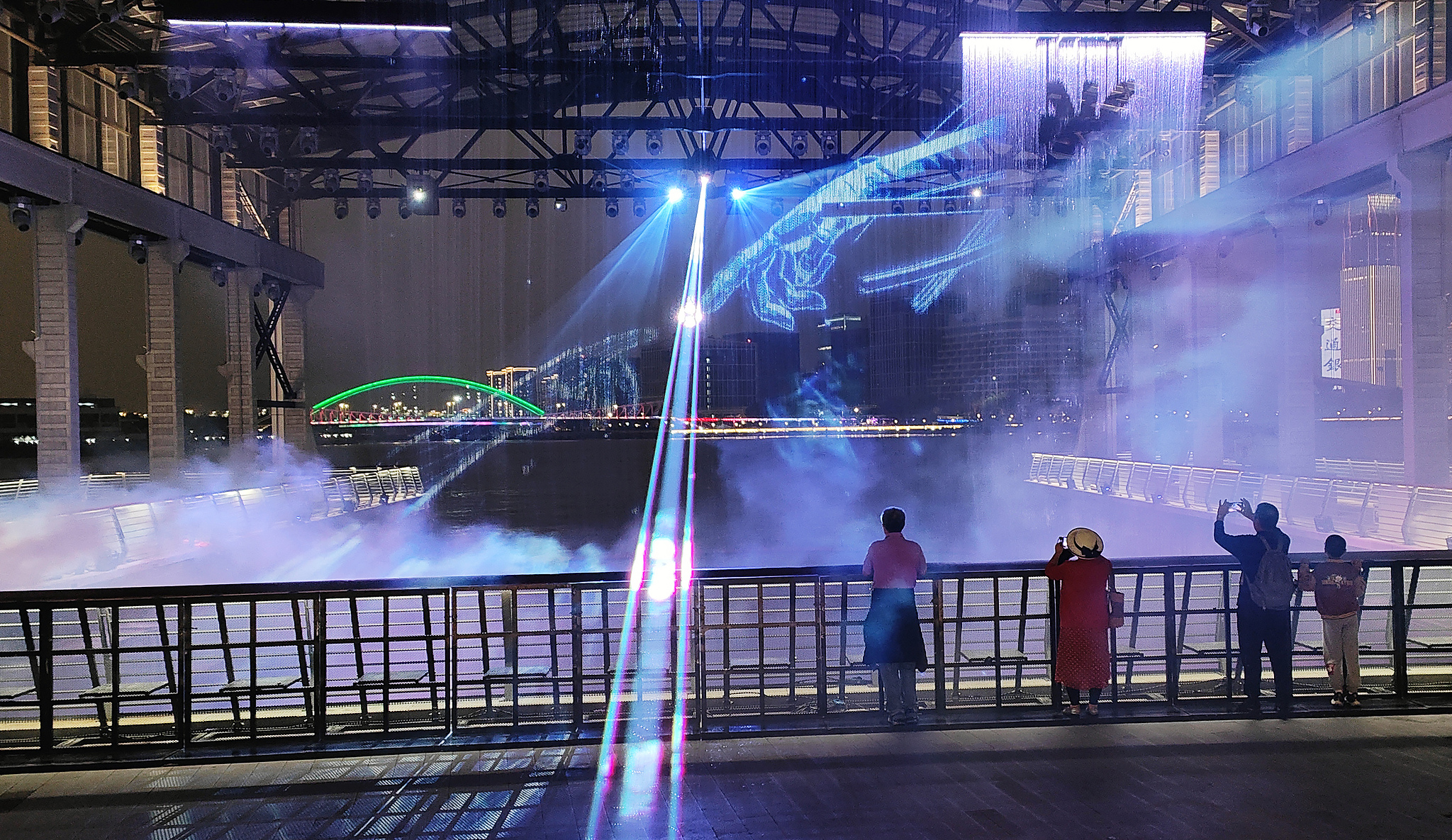
The rapid adoption of wearable smart guide devices in museums and cultural venues is also reshaping tourism in China. These devices provide users with their own on-demand AI tour guide, often at a much lower cost than traditional human guides. By incorporating technologies such as virtual reality (VR), augmented reality (AR), and three-dimensional (3D) imaging, visitors can interact directly with historical figures, explore ancient texts in new ways, and see traditional paintings come alive before their eyes.
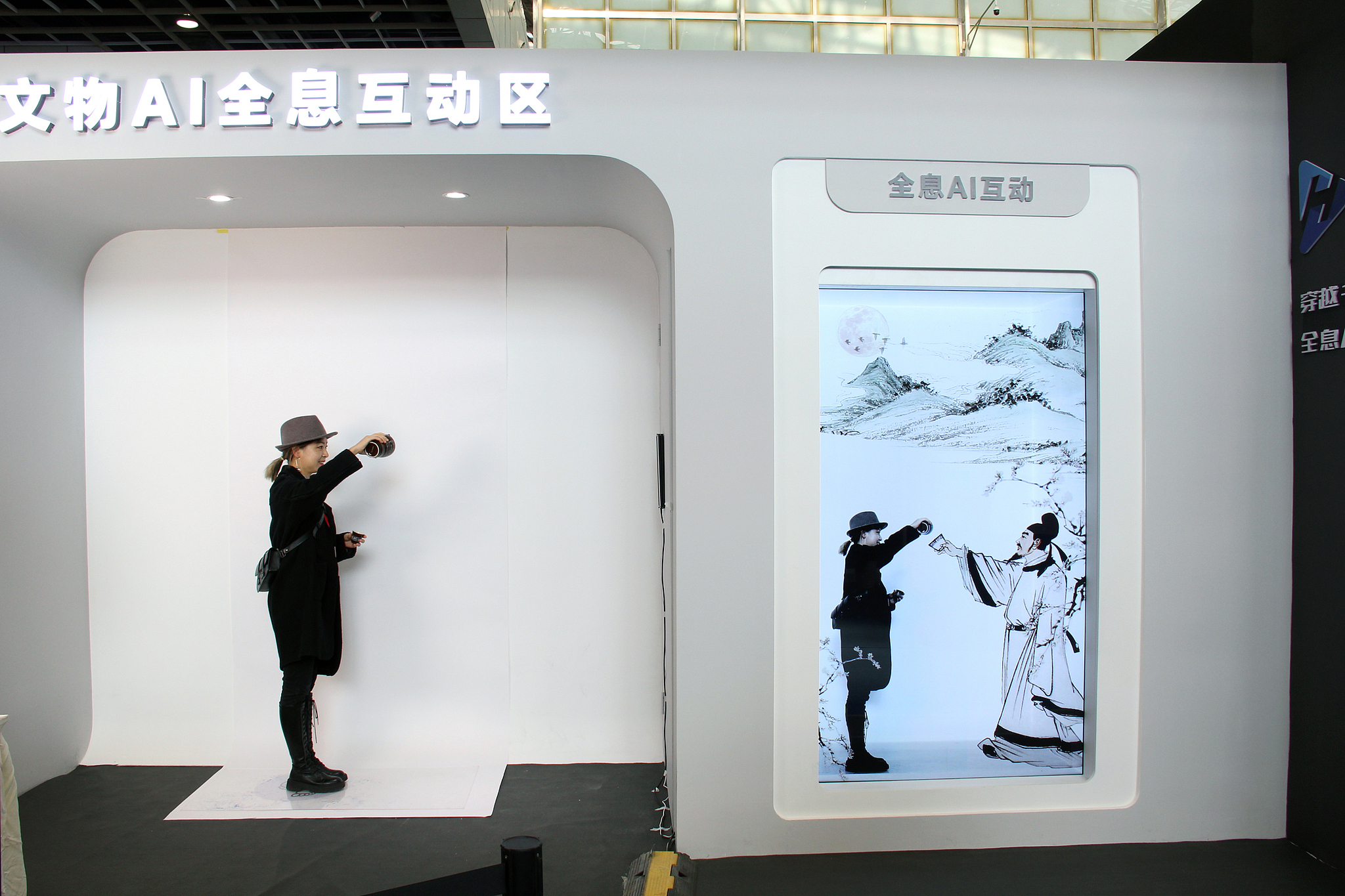
Experts argue that these AI-powered innovations are not intended to replace traditional tourism industries, but rather to revitalize them by tailoring cutting-edge technology to local contexts. Gan Chunhui, executive vice president of the Shanghai Academy of Social Sciences, emphasized that new technologies have ushered in significant improvements in informatization, connectivity, digitization, automation, and overall efficiency within the tourism sector. As digital tools continue to integrate with travel, Chinese tourists are set to embark on ever smarter, more personalized adventures—guided by the power of AI.
(Cover: Self-driving yachts at the East Lake scenic area in Wuhan City, Hubei Province, central China, July 30, 2024. /VCG)




